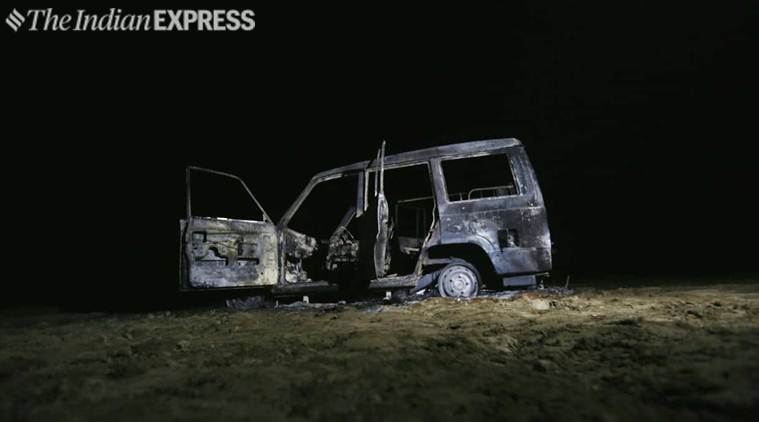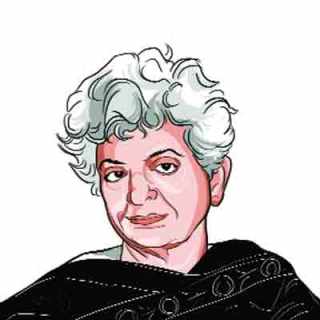Even when a police officer is killed by Hindus, it is minorities that face the brunt
Going by the record, it would appear that when the perpetrators of the violence are minorities, the process of justice is swift. When they form part of organised Hindu militant groups, the fabled long arm of the law barely moves.

One wonders what the family of Subodh Kumar Singh, the police officer killed in Bulandshahr on December 3, 2018, by a mob protesting cow slaughter, must feel at reading that the National Security Act (NSA) has been invoked against three Muslims arrested for suspected cow slaughter, while the arrest of Singh’s killers is happening at a leisurely pace. Two of the main accused in the inspector’s killing had even posted videos of themselves immediately after. Yet, the Bulandshahr police claimed for weeks that they were untraceable.
The theory propounded by Bulandshahr district magistrate Anuj Jha for invoking NSA against the alleged cow-slaughterers is not new. Their crime, said Jha, was the reason behind the violence on December 3.
This reminds one of two pronouncements made by heads of state, which will never be forgotten. The first: “When a big tree falls, the earth must shake”; and the second, “A chain of action and reaction is going on.” The first was said by Rajiv Gandhi three weeks after 3,000 Sikhs were massacred in the three days following then Prime Minister Indira Gandhi’s assassination on October 31, 1984. The second by then Chief Minister Narendra Modi on the second day of the violence against Muslims across Gujarat, which followed the burning to death at Godhra railway station of 58 passengers travelling on the Sabarmati Express on February 27, 2002.
The “justice” set into motion after these two events was in accordance with the pronouncements of the two leaders. While Indira Gandhi’s killers were hanged in 1989, the first sentencing for killing Sikhs took place only in 1996. A prominent instigator went to jail only a few days back. Many of those who wreaked revenge on an entire community for the acts committed by just two of them remain unpunished. In Gujarat too, while those who set Coach S-6 on fire had the draconian POTA applied to them, till the Supreme Court revoked it in 2008, those who avenged their barbaric crime on innocent Muslims across Gujarat were arrested under regular laws. Most would have been acquitted had not the Supreme Court stepped in two years later.
Strangely, a theory propounded by two senior and popular leaders belonging to two ends of the political spectrum wasn’t applied to other violent events as earth-shaking as the carnages of Delhi 1984 and Gujarat 2002.
The demolition of the Babri Masjid in Ayodhya on December 6, 1992, sparked riots across India in which about 1,700 persons were killed. The consequences of this act of destruction of a place of worship, which shamed us all, are still being felt.







































No hay comentarios:
Publicar un comentario